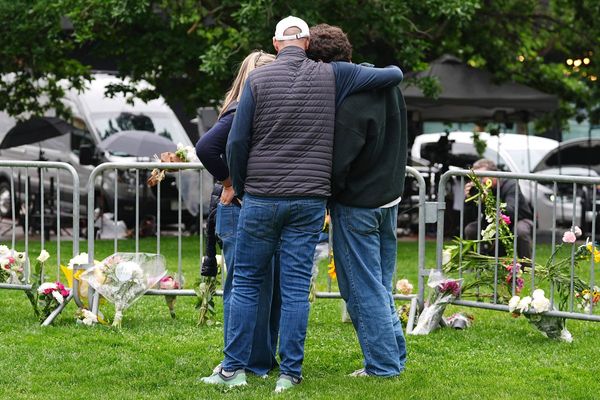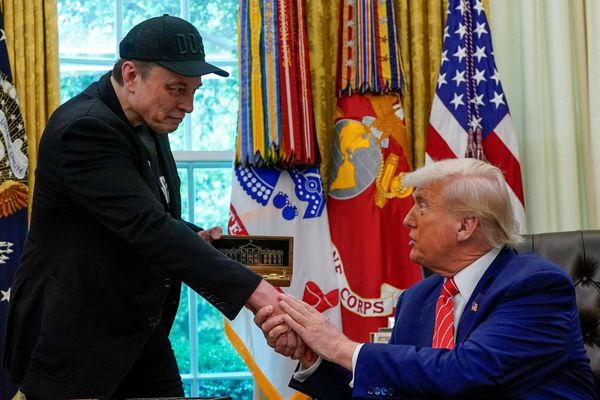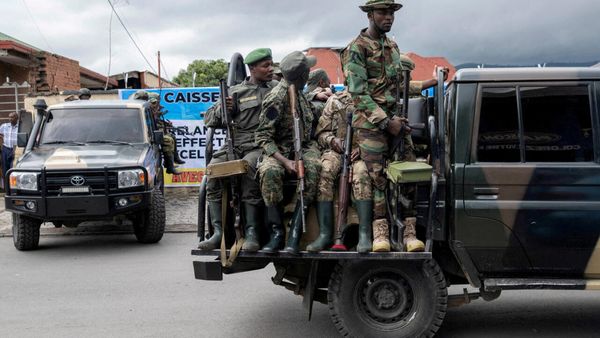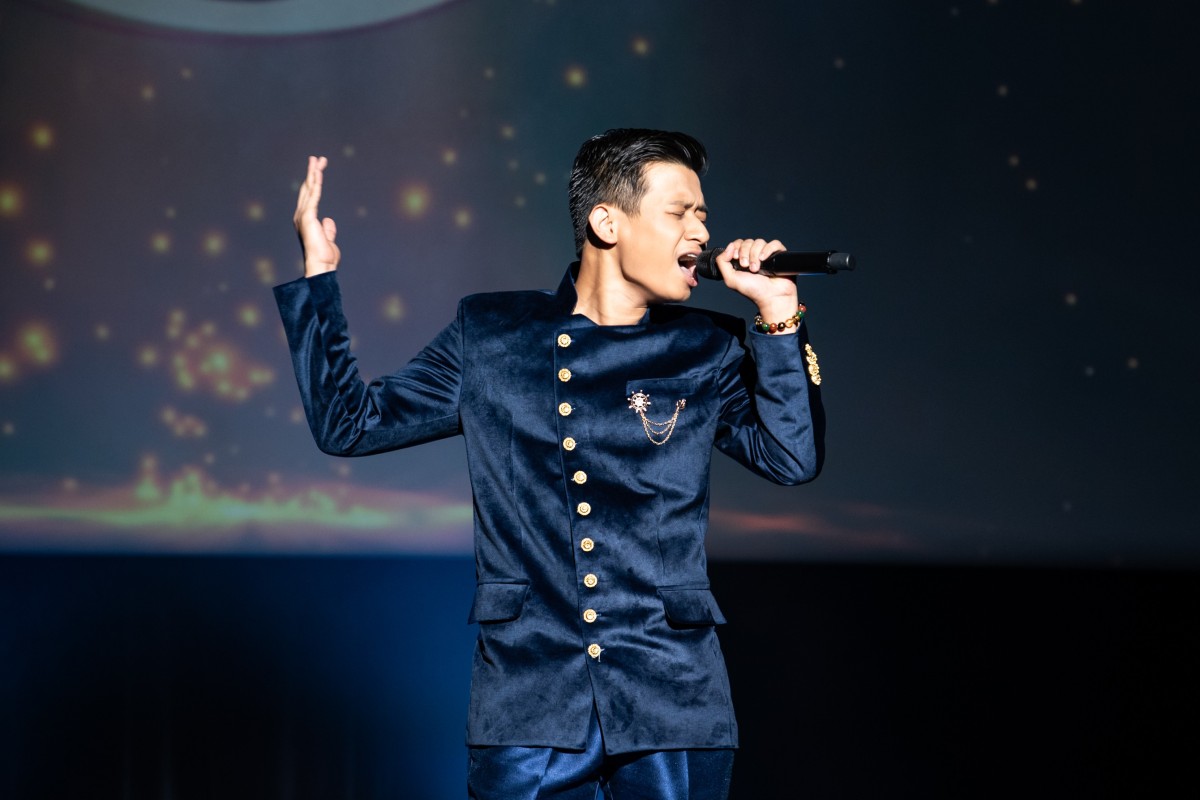
Every night of the week – and some days too – Anjo Ferdinand Sarnate fires up the karaoke machine in his home in Lucena City, south of Manila in the Philippines, and blazes through song after song.
There’s nine months to go until the next Karaoke World Championships (KWC), but having won the Viewers’ Choice Award with a stirring rendition of Celine Dion’s My Heart Will Go On last year, the 19-year-old Filipino hospitality student is determined to get to Toronto, Canada, and try his luck – and his larynx – this November. And that means practice.
“I’d love to go to KWC again – it was one of the best experiences in my career so far,” says Sarnate, who started taking singing seriously when he was nine.
“After KWC, I learned how to love my talent more and realised the true significance of karaoke. It’s all about enjoying every performance.”
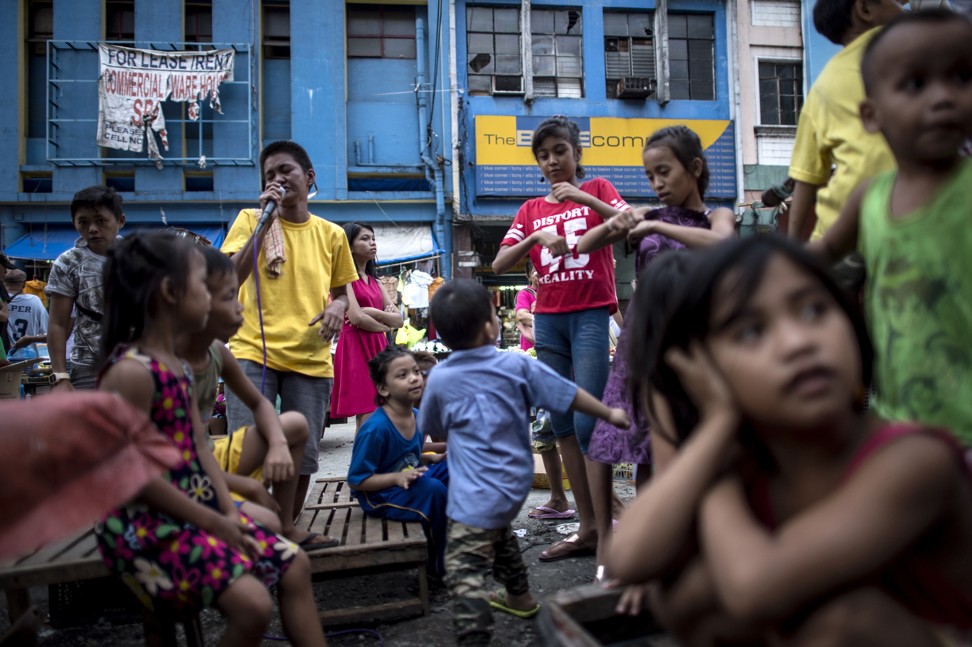
Sarnate is not the only wannabe king-of-the-mic flexing his vocal cords. He faces myriad rivals from all around the world.
Karaoke is a quintessentially Asian invention originating in Japan that’s become an international pastime and a global business valued at roughly US$10 billion a year. And strange though it may seem, one of the countries in which karaoke is consistently top of the hit parade is Finland, where the KWC began in 2003.
“If you ask me, karaoke was born out of repressed emotions, which Japanese could not talk about at work or at home, so they began expressing them through singing,” says Atte Hujanen, KWC’s founder and CEO of Helsinki-based company Singa, which created an online platform that’s been described as the Spotify of karaoke.
“Like [the] Japanese, Finns are taciturn people, and expressing your feelings is not taken for granted. It feels easier for us to sing about them, which is where karaoke comes in.”
KWC was staged in Finland for many years before branching out overseas. The competition has evolved, too, and is now divided into solo and duet rounds, drawing thousands of hopefuls from Angola, Mongolia, Guatemala, the Faroe Islands, Japan, Indonesia, Singapore and even further afield – though significantly not China – as well as hefty numbers from the United States.
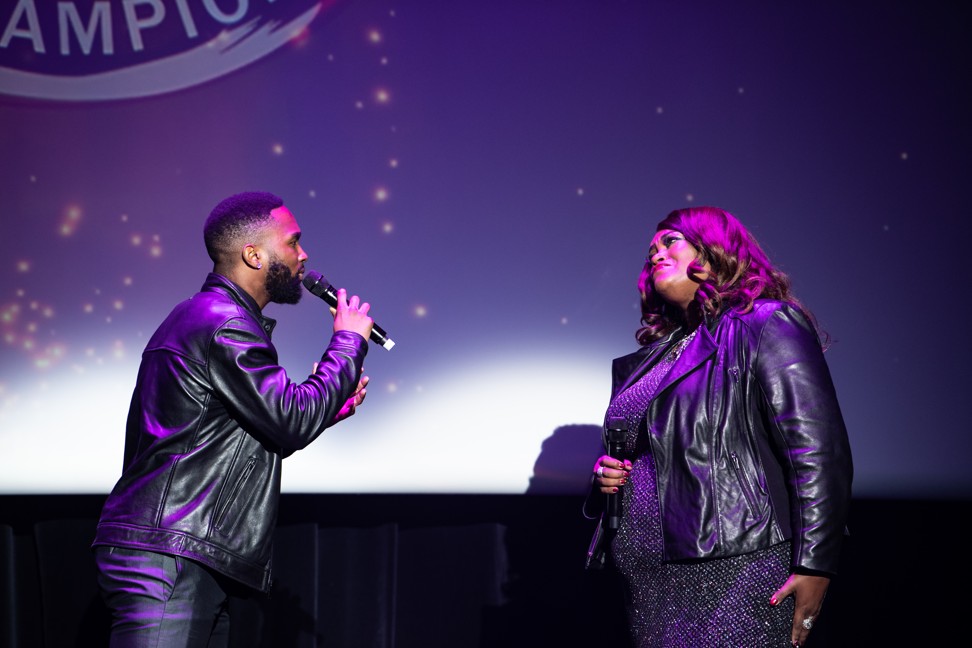
“The US has been very resilient for the past few years,” says Michael Yelvington, KWC’s international host. “Karaoke’s very popular there and, like the Olympics, KWC’s singers are supported by a team organisation, and the US has a very strong and experienced organiser.”
For each of the past 10 years, Americans have featured in the top three places, starting with Tami Marie, from Albuquerque, New Mexico, who came third in the female division in 2010, when the competition was first divided by gender.
Americans snagged three top places in the 2016 championships, and last year duettists Ishma Cortez Clark and Laverne Valerisse Bell picked up third place, just behind couples from Canada and Brazil.
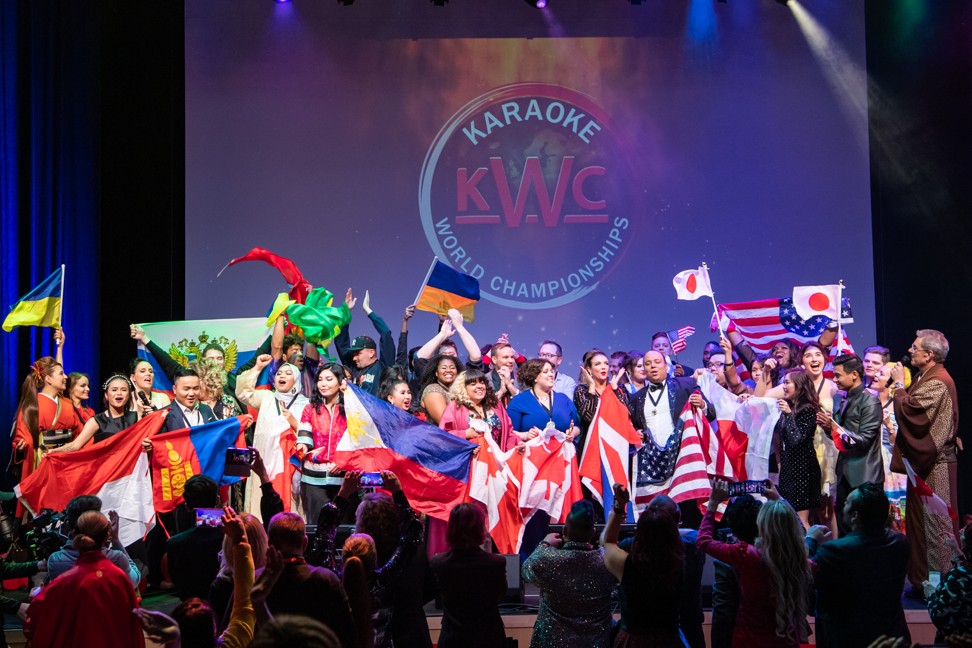
“It has been an absolute whirlwind,” says Bell, a mother of six who hails from Detroit, in the US state of Michigan. “I started out singing karaoke in bars and grills, then started competing in national events, and went to KWC in Singapore in 2015.
Three years later I met Ishma and asked him to be my duet partner – our voices just fit together absolutely perfectly. We began practising in April last year, qualified in May, and won the state finals in June. And in November we brought home the bronze from KWC.
“I love karaoke because it gives me the opportunity to sing whenever I want,” she adds. “It’s taught me about the importance of song selection, stage presence and more than anything to believe in myself. And I love KWC as I’ve met so many wonderful kindred spirits there.”
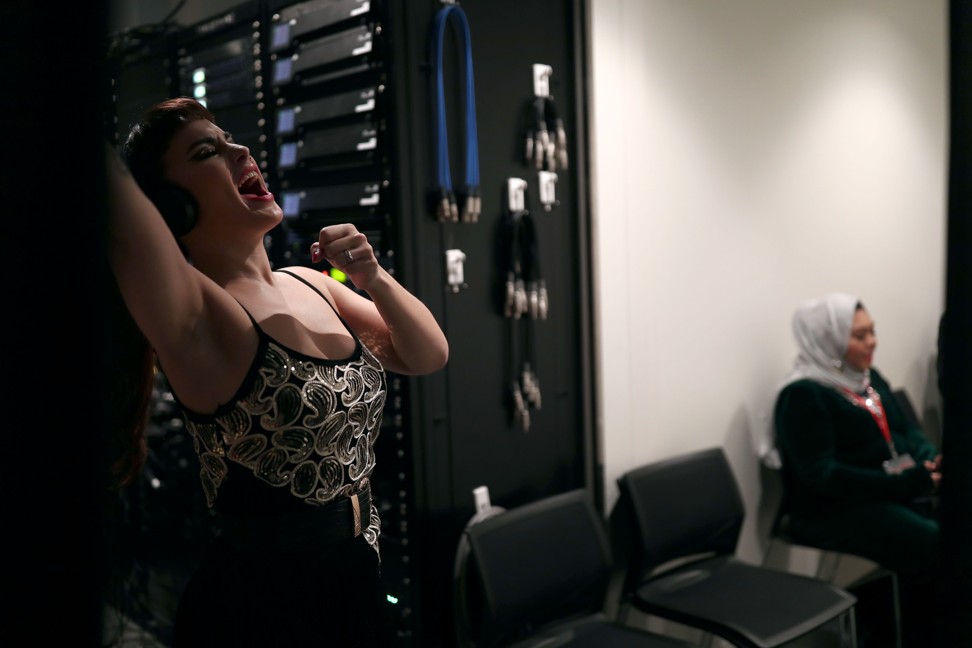
If Bell and Clark were pleased with their result, Briton Jenny Ball was over the moon at winning the 2019 best soloist award. In Britain, as in many parts of the world, karaoke is regarded as a mildly risible part of a drunken night out with friends, as opposed to a quasi art form. So the 27-year-old secretary’s victory marked a delicate shift in the country’s cultural make-up.
“I felt relaxed and happy, so I tried my best and gave it my all,” says Ball, whose rousing version of the song And I Am Telling You from the Broadway musical Dreamgirls won her US$5,000, a slew of sponsors’ prizes, and a guest spot at the 2020 KWC.
“I honestly thought that the USA would come top. So when the judges announced that I’d won I went into shock and started jumping up and down hysterically. If you watch the video it’s really quite embarrassing.”
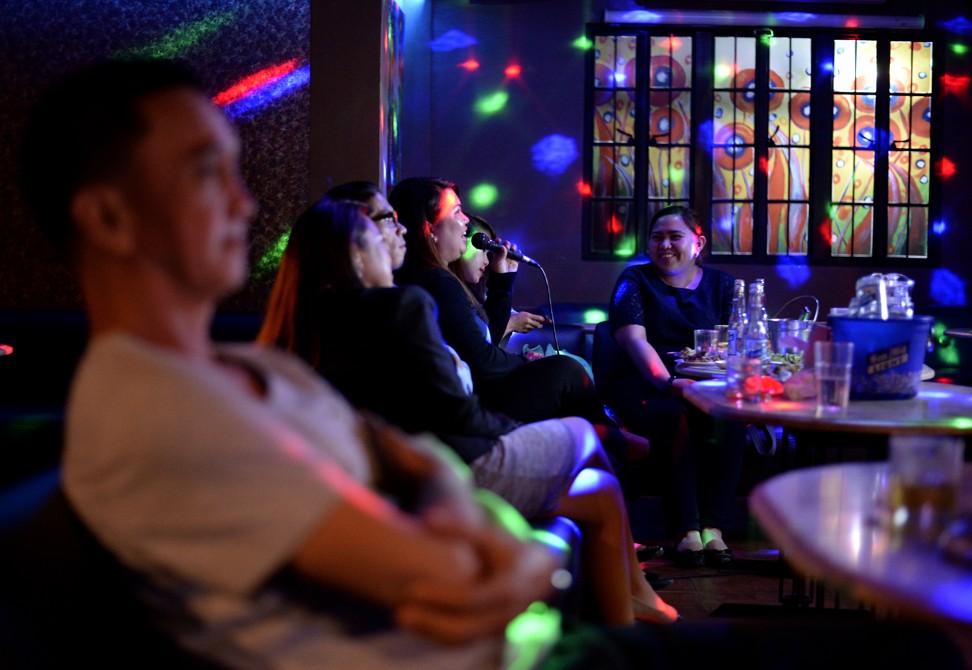
The international allure of karaoke – which is sometimes described as a “musical spectator sport” – has attracted vast crowds on occasions. Guinness World Records cites the example of 160,000 people hollering Garth Brooks’ Friends in Low Places at the Bristol Motor Speedway in Tennessee, in August 2009, as the largest ever gathering of karaoke singers.
China can claim bragging rights for the longest karaoke marathon by multiple participants – 792 hours and two minutes – after a car company in Changchun, Jilin province, organised the event to drum up publicity in the summer of 2014.
Karaoke took on a new lease of life in 2015 when TV host James Corden introduced a radical segment on The Late Late Show. Carpool Karaoke saw Corden purportedly driving to work accompanied by a celebrity such as Mariah Carey (the first guest) or Michelle Obama (the most popular so far) with the pair of them breaking into song in-between customary chat-show chit-chat.
Filming inside a people-carrier added a greater degree of intimacy than in a conventional studio – implying that viewers were listening in on a private conversation – while the merry singalong element conferred a degree of “cool” that had eluded karaoke.
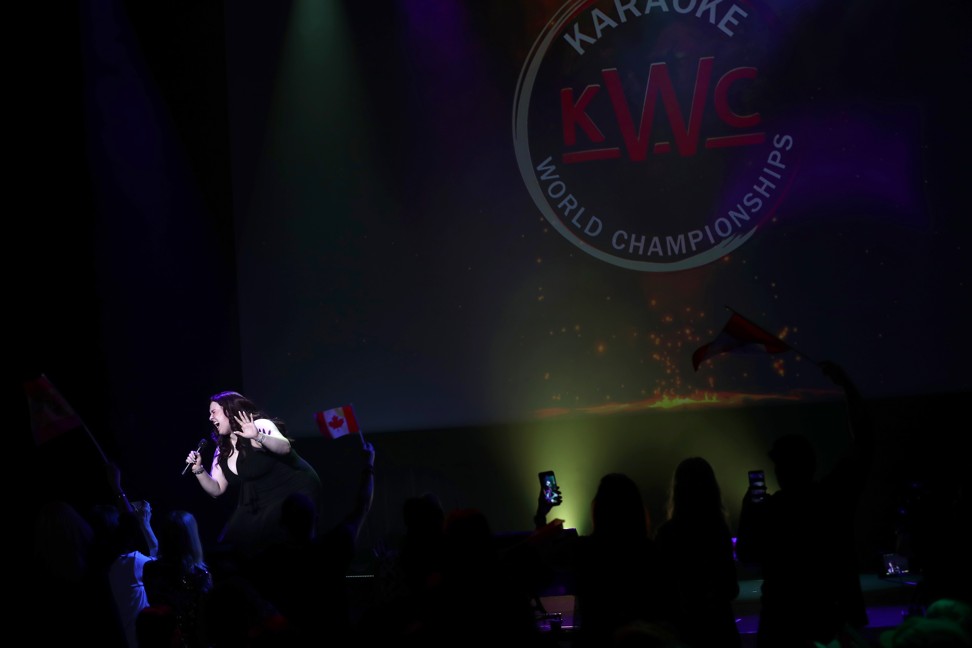
Public perception has shifted significantly over the years, even attracting a measure of scholarly interest. While carrying out research for his book, Karaoke Nights: An Ethnographic Rhapsody, Rob Drew, a professor of communication at Saginaw Valley State University in Michigan, came to the not-too-surprising conclusion that karaoke’s social context lent itself to mingling.
A combination of bar ambience, songs that everyone knows, and a variety of friend networks all give rise to relaxed social cross-pollination, he says.
“Sometimes people will even branch off from their friends and become part of the local group,” he adds.
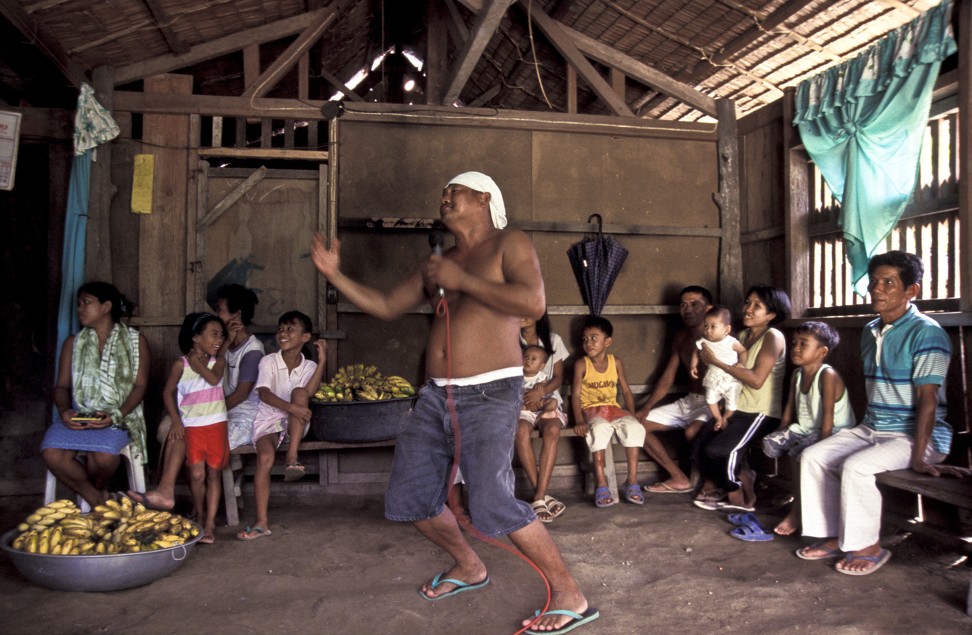
Over time, Drew began to appreciate that karaoke’s image had evolved from being a mildly dodgy activity heavily imbued with irony to a genuine event that permeated nightlife, whether in an international city or a small rural town. He concluded that what used to be a guilty pleasure in the 1990s has evolved into an authentic amusement driven by a real passion for music.
And as song selection is practically unlimited thanks to the internet, karaoke has become an activity that allows revellers to put their own spin on their favourite songs and become a part of something they truly enjoy.
“Nowadays people are pretty open about karaoke and pretty proud about it,” Drew says. “Often it’s the people who like really good music by really good bands – those same people will enjoy going out and singing along with sentimental backing tracks. That reconciliation between hipster culture and karaoke culture would have been a cultural divide 30 years ago.”
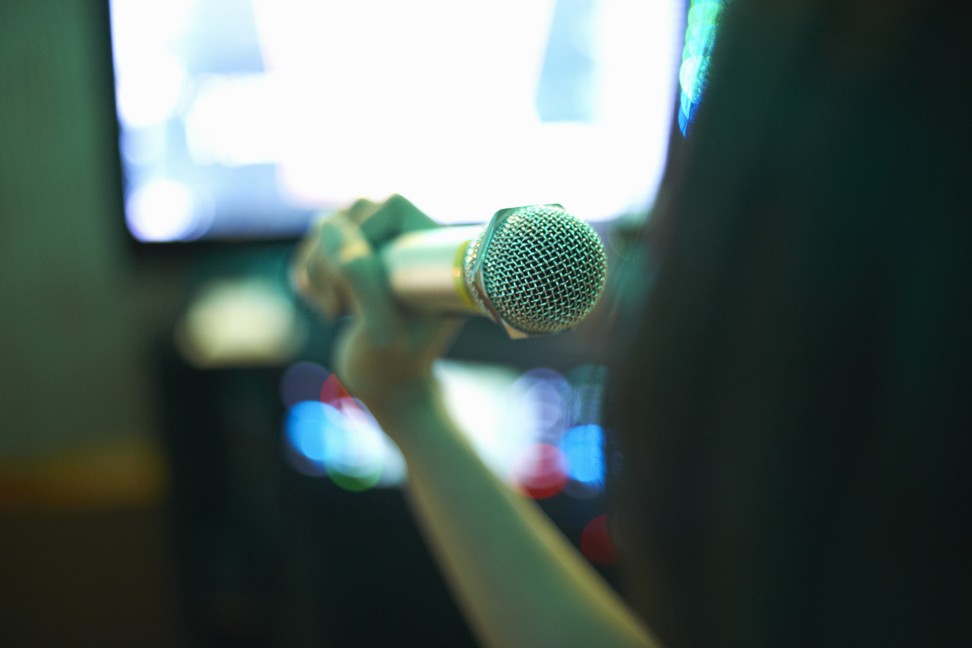
Next year marks the 50th anniversary of the invention of the karaoke machine by Japanese boffin Daisuke Inoue, a one-time drummer and son of an Osakan pancake vendor. In the best tradition of absent-minded professors, Inoue neglected to take out a patent, so rather than rubbing shoulders with other denizens of the Forbes Rich List, he has had to bask in the muted glory of being recognised as one of the Most Influential Asians of the Century by Time magazine.
“As much as Mao Zedong or Mohandas Gandhi changed Asian days, Inoue transformed its nights,” commented Pico Iyer, an Anglo-Indian essayist and frequent Time contributor.
What might be regarded as the pinnacle of Inoue’s career came in 2004 when he was presented with an “Ig Nobel” prize – one of a batch of satirical awards dished out annually by the scientific humour magazine Annals of Improbable Research – at Harvard University, for “inventing karaoke, thereby providing an entirely new way for people to learn to tolerate each other”.
Rather than delivering a formal acceptance speech, Inoue warbled – what else? – I’d Like to Teach the World to Sing.
